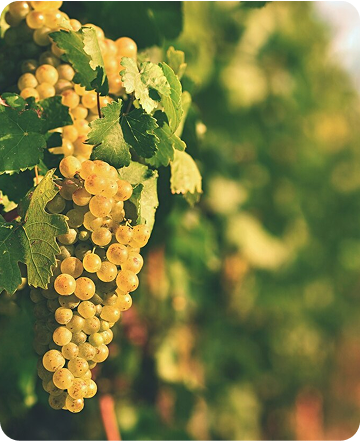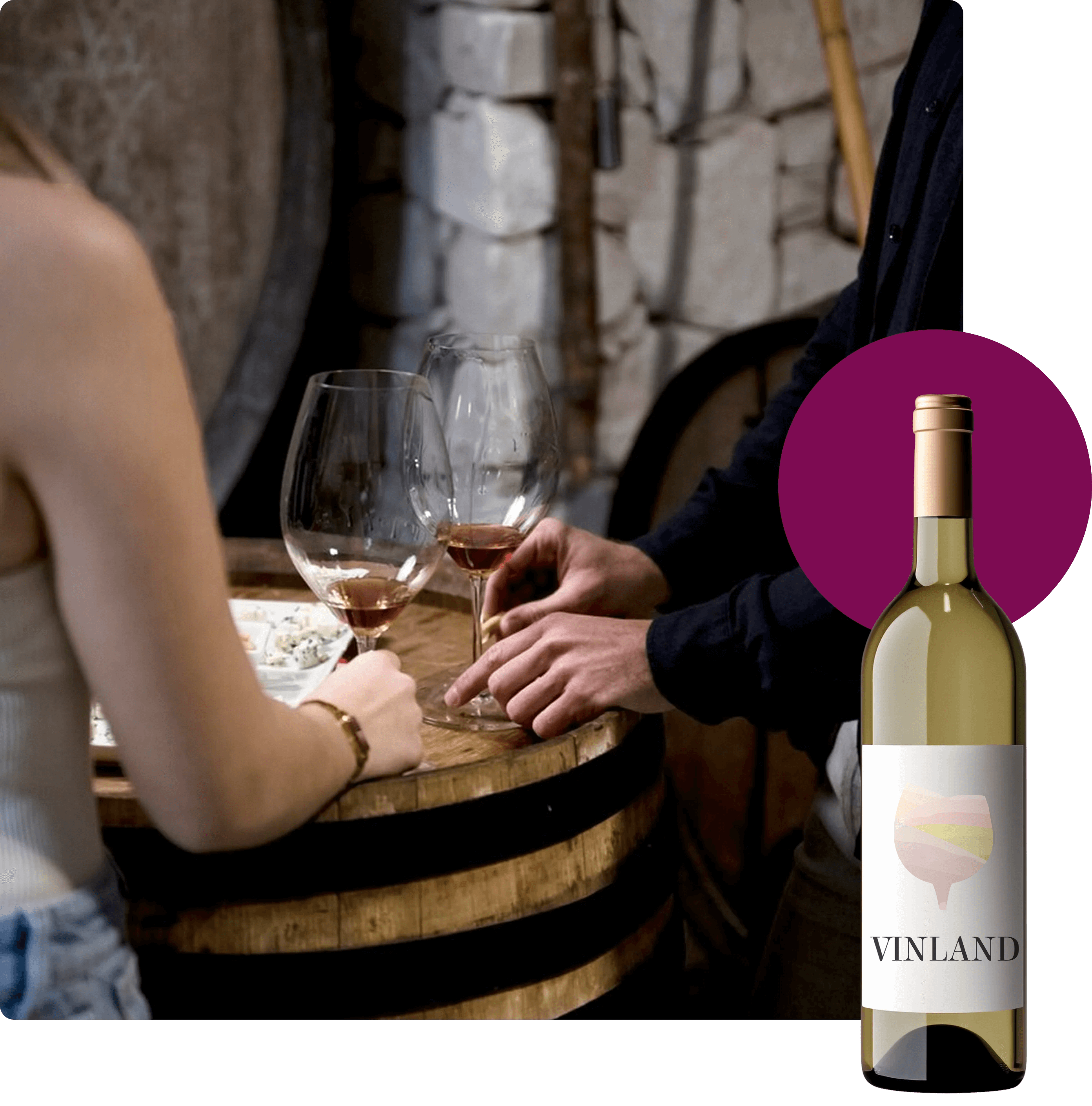
Arneis


A fusion of tradition and science, enhanced by technology for quality and efficiency.

The truth about authentic winemaking is that every vine is a child to the vintner. Every year shows a different trait of charachter. Vintners take care of them, raise them and protect them. Like children. “Sometimes they make us despair, sometimes they make us angry, mostly they move us. However, they always make us proud! Winemakers know: it’s not just about growing and picking bunches, it’s about harvesting life

Showcasing authentic wines crafted with love and tradition.

We aim at offering great products at the right price point. You don’t pay for marketing and fame, only for the quality you get. Rightly priced!Seeminlgy, we try to guarantee the best conditions and prices for packaging and shipment. Wine and olive oil should always be an affordable enjoyment!

We offer you a full array of high-level products, personally tested and selected for you. You have the choice of what you purchase: samplers, six or twelve packs, magnums, a regional selection or a combo of different producers from the same lands, a bit of everything… it’s entirely your choice. Everything is tailor packed for you. Truly bespoke!

Our unique, direct relation with our customers is key for our vision: be there for wine lovers, whether they are experts or novices, to share experiences and open up the door into the world of authentic, territorial Italian wine. Contact us directly for personalised advice!